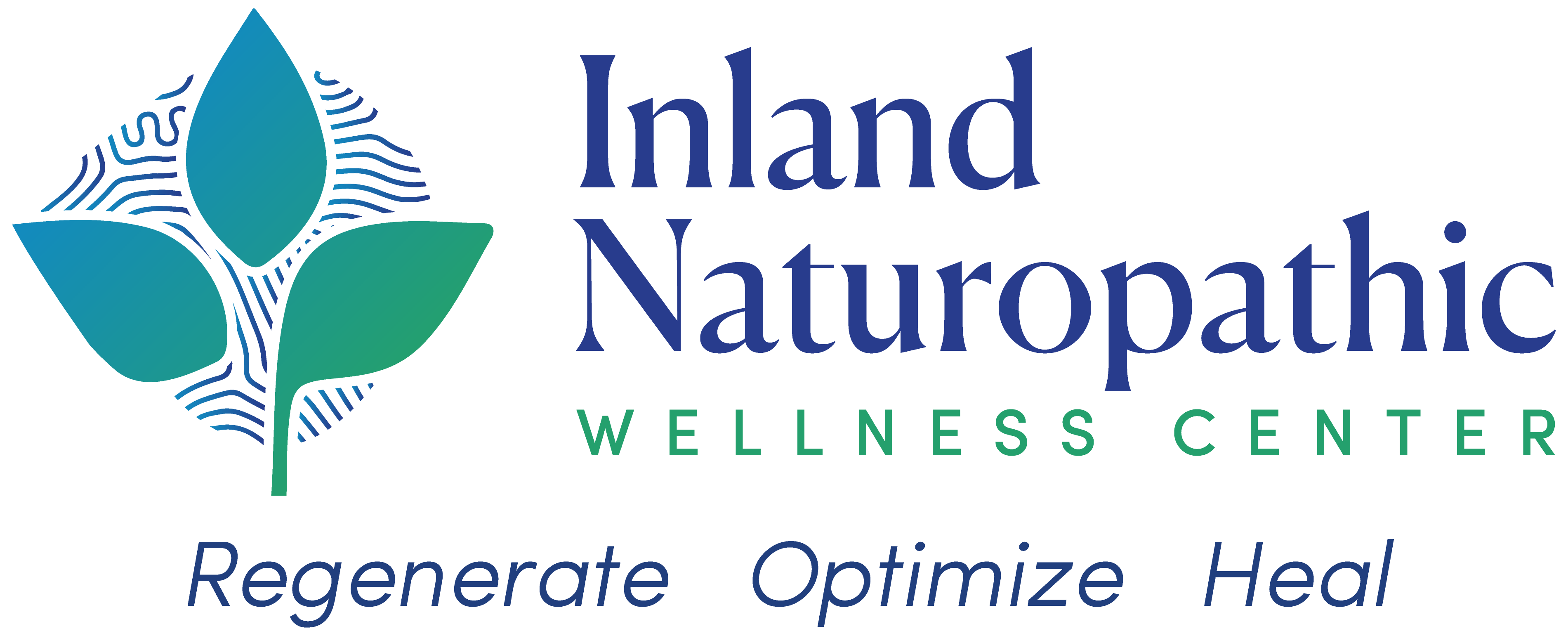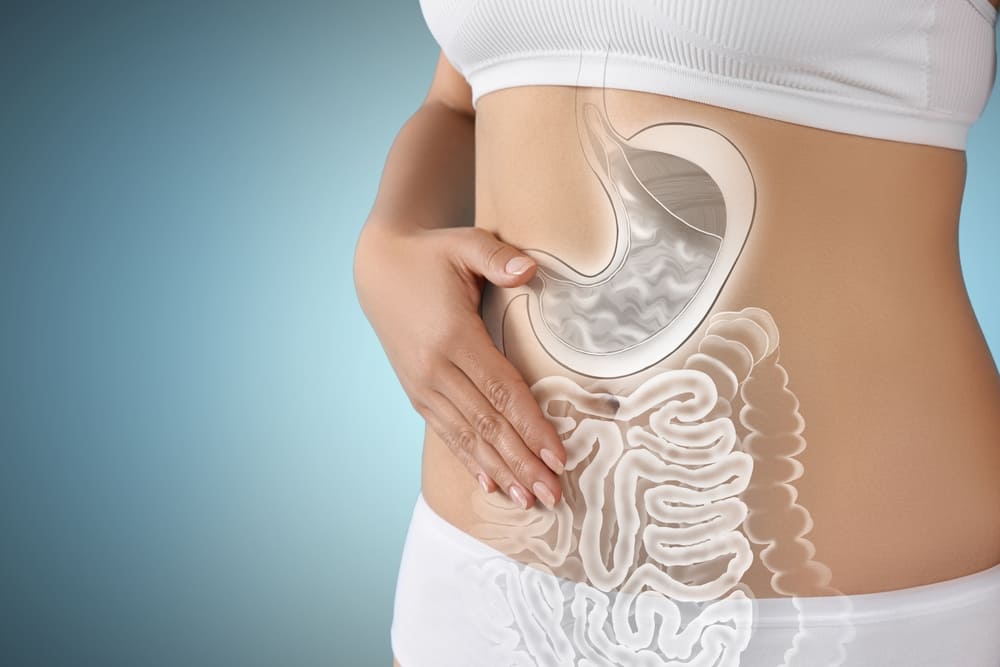The average human digestive system can have over 400 million different species of beneficial bacteria; all needed for healthy digestive function. Probiotics are supplemental forms of living bacteria for improving the environment of the gut. Interest in probiotics has peaked over the last decade, primarily because an imbalance in gastrointestinal bacteria, known as dysbiosis. Dysbiosis is known to lead to a host of problems including impaired nutrient absorption, “leaky gut,” allergies, inflammation and other digestive related abnormalities.
Some symptoms of dysbiosis include flatulence, indigestion, belching, greasy stools, fatigue, iron deficiency, and chronic vaginitis. Dysbiosis often arises from the overgrowth of the fungus Candida albicans, but it’s not the only reason. Laboratory testing can assess the presence of dysbiosis. Testing can determine which disease causing species are present; as well as if there are high enough numbers of the good bacteria.
Whatever the cause, using the “Four R’s” will help your digestive tract get back in balance.
- Removing the offenders
Clean up the diet by avoiding refined and processed foods like sugar, white flours, juices, soda, and other sweets. Fried foods, trans-fats, processed foods, additives and preservatives should be removed from the diet also. This helps starve the bad bugs of their favorite fuels. Inhibiting the many pathogens that might take refuge in your gut falls under “removing” as well. To do this, include lots of onions, garlic, thyme, mints and sage for their anti-microbial properties. Grapefruit seed extract, Juglans nigra (black walnut), Oregano are botanical with strong anti-microbial properties. They’ll help inhibit the growth of harmful bacteria and yeast.
- Replenishing digestive function
The next step is “replenishing.” You can do this with a combination of botanicals like Zingiber (Ginger) and Gentiana lutea (Gentian) for example. They stimulate hydrochloric acid and digestive enzyme secretion for better digestion. Eating a more plant based diet that includes beets, apples, pears, broccoli, cabbage, greens, and other produce is helpful for providing fiber and improving gut motility. These high fiber foods assist with short chain fatty acid production which you’ll learn about under repairing.
- Re-inoculating the good bugs
“Re-inoculating” involves supplying the gut with the appropriate probiotics to repopulate the small and large intestines. Use a high quality multi-strain product. And make sure the manufacturer can verify that the bacteria are living. Fermented foods like sauerkraut and Kombucha are high in probiotic bacteria and are a great way to acquire probiotics from your diet.
- Repairing the gut
And finally, “repairing” the gut lining with dietary botanicals like Ulmus (slippery elm) and Glycyrrhiza (Licorice), amino acids such as L-glutamine and short chain fatty acids like butyric and caprylic acids help heal the gut by fueling the cells of the digestive system. Foods rich in fiber aid in the production of these protective short chain fatty acids.
If you have been experiencing indigestion, gas, bloating, food intolerances, leaky gut or other digestive issues the “Four R’s” can start you on the road to better digestive health. Because the specific imbalance or pathology varies from person to person, it’s good to discuss the appropriate testing and treatment options with a qualified healthcare professional.

